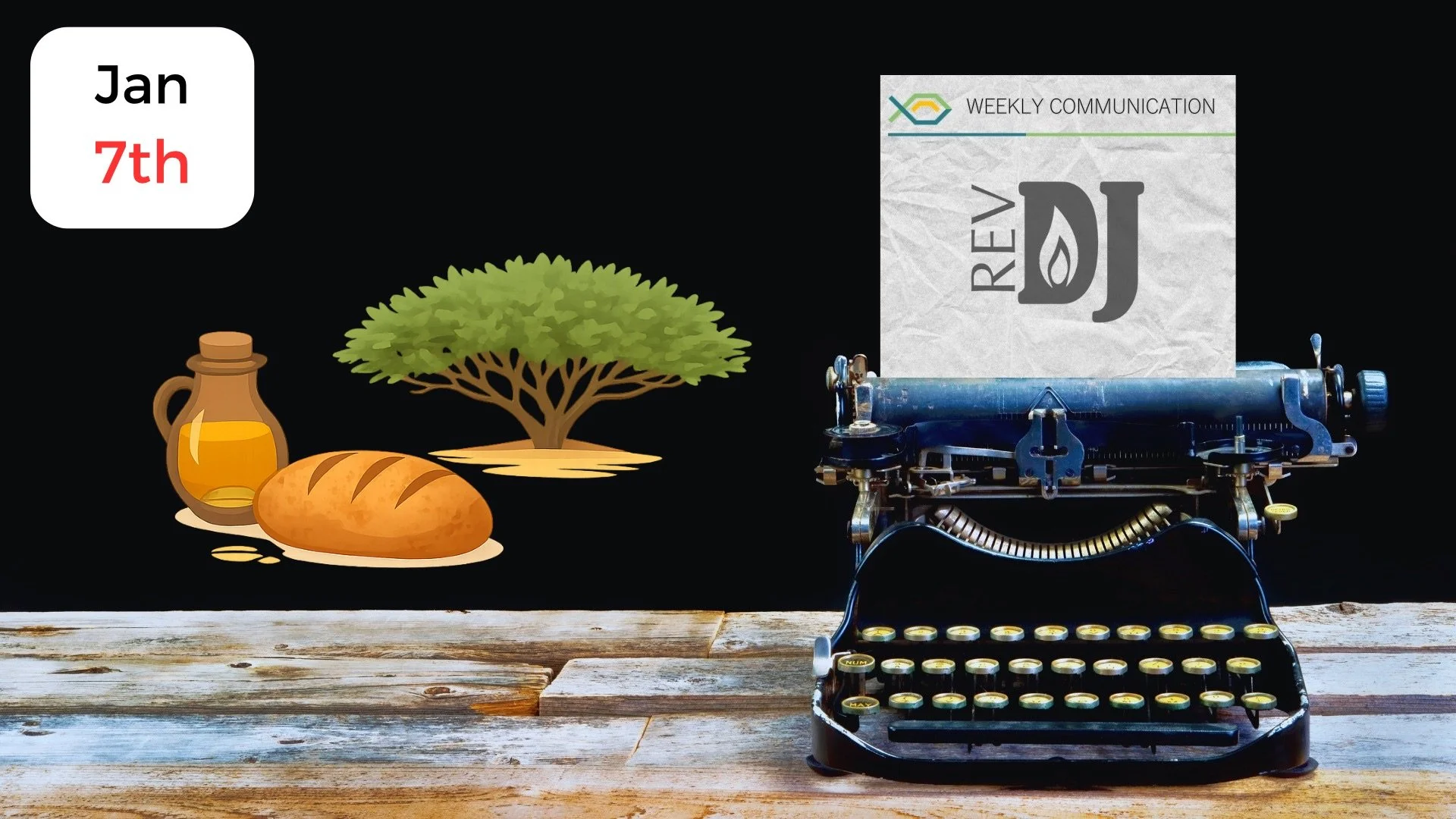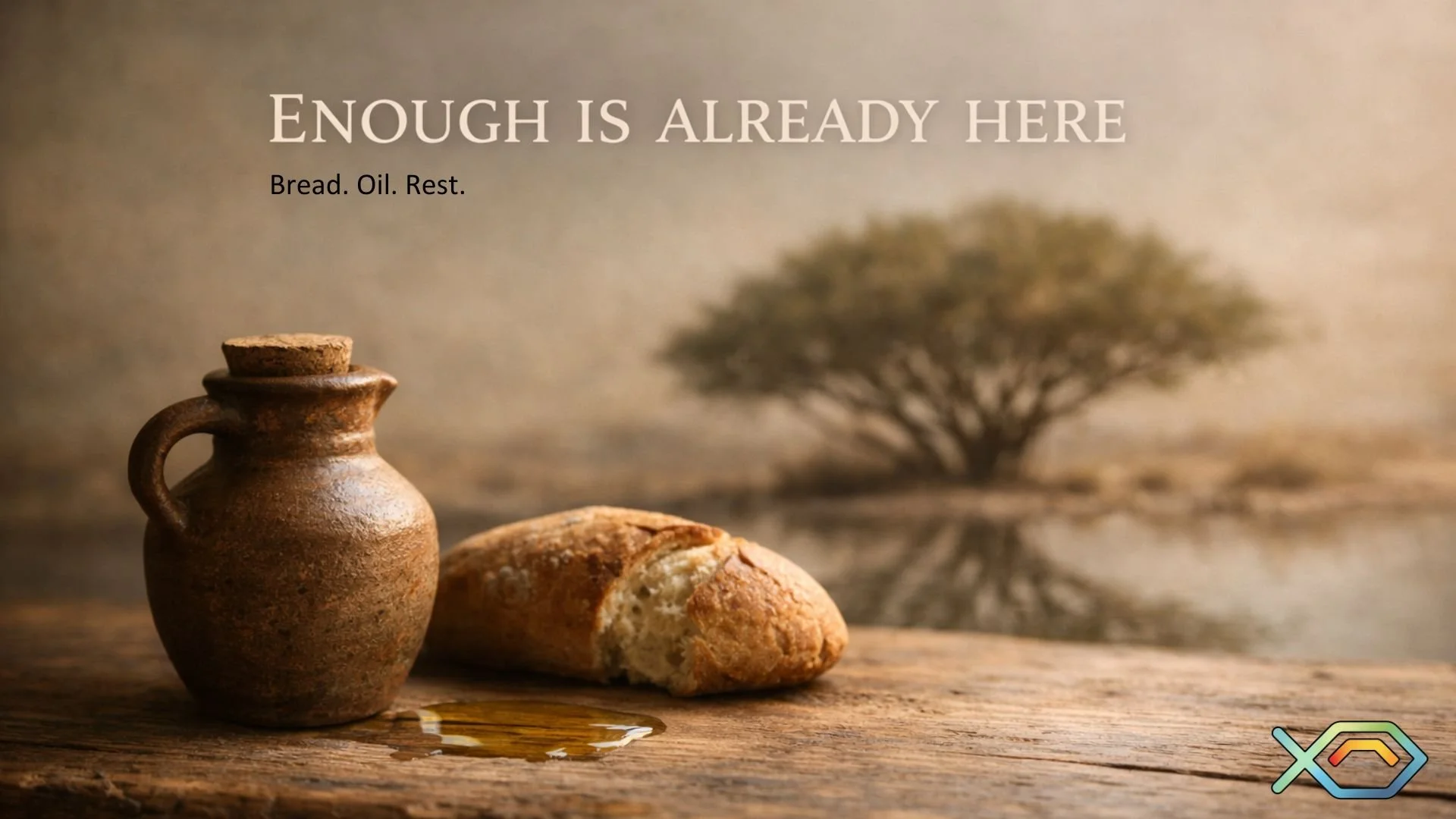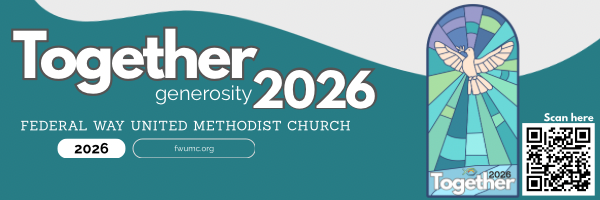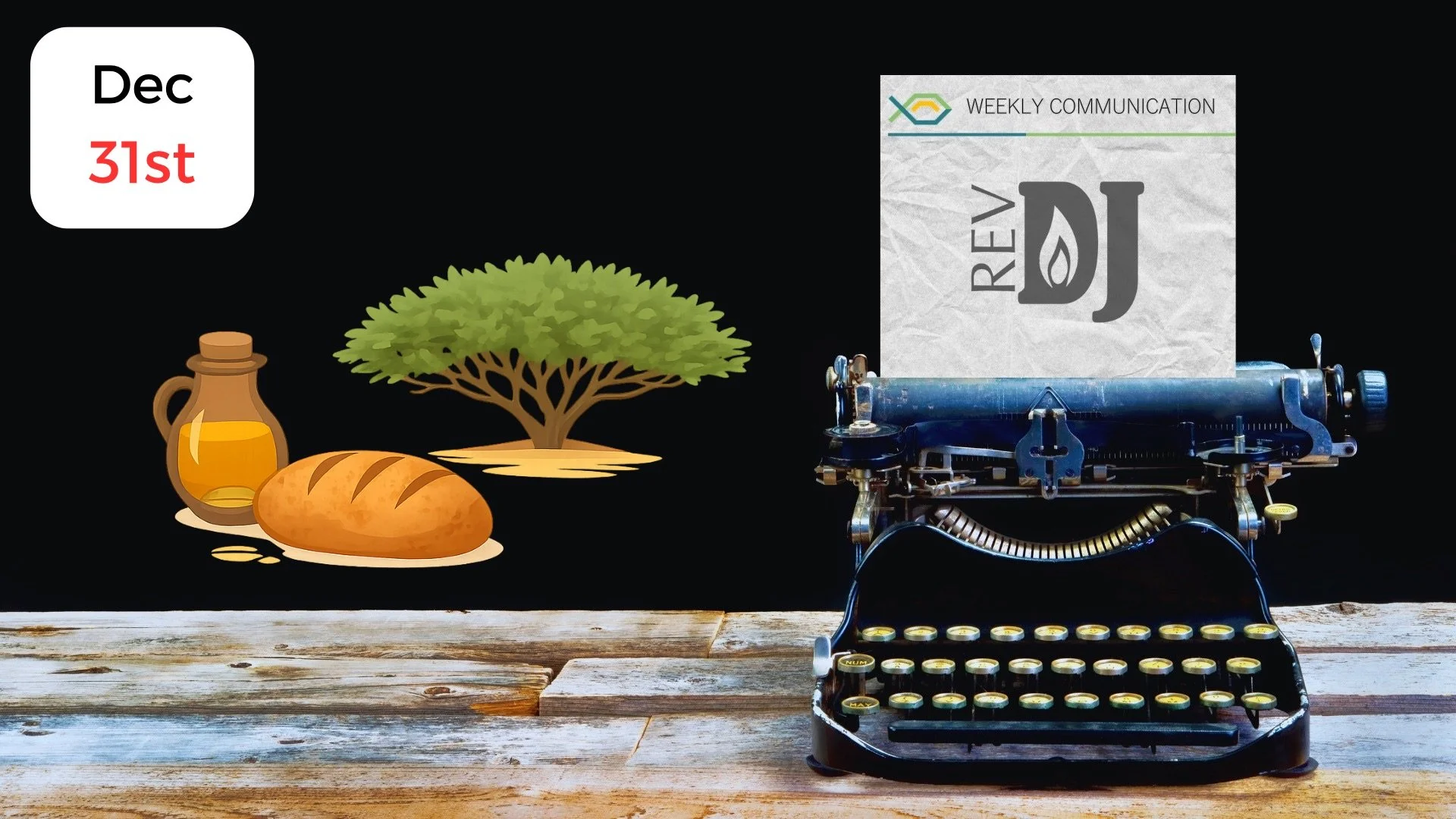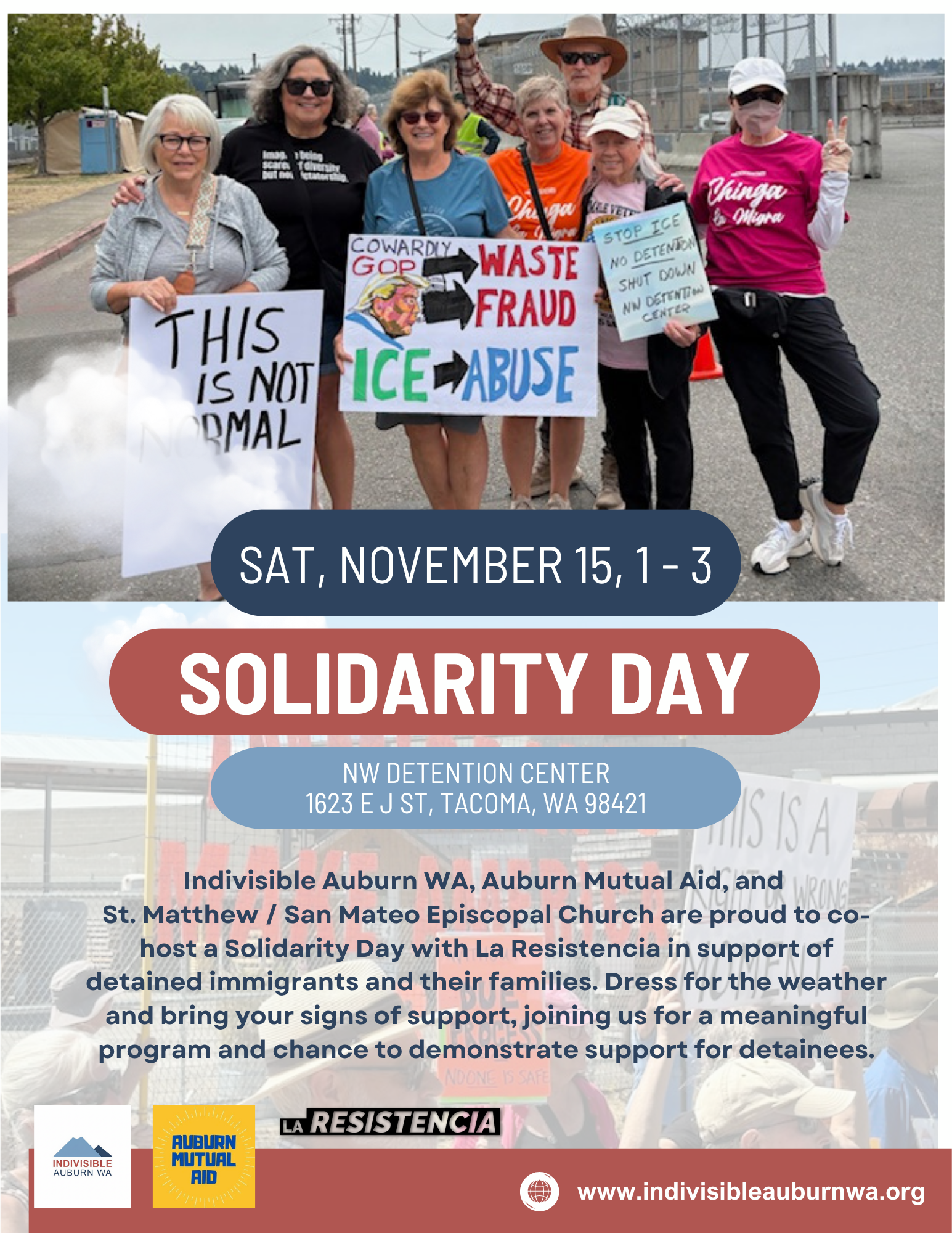Dear church,
As we step into this new year together, I want to share a brief pastoral word with you about the season ahead.
After worship this Sunday, January 11, I will begin a twelve-week sabbatical. I want to say this clearly and honestly: this sabbatical is a gift, and it is also a responsibility—one I receive with deep gratitude.
In the United Methodist Church, sabbatical is a biblical and Wesleyan practice. It is a season intentionally set apart for rest, reflection, prayer, and renewal after sustained ministry. It is not a vacation, and it is not a response to crisis. It is an act of faithfulness—tending the soil so ministry can continue with integrity, health, and joy.
Many of you walked with me—and with one another—through the long and exhausting years of the pandemic. I am grateful beyond words for the ways you adapted, showed courage, and cared for one another when everything familiar had to be reimagined. During that same season, I was also navigating chemo treatment and recovery. For several years, I took one month away every three to four months so my body could heal. Through those seasons, something important became clear: the church did not fall apart. Worship continued. Pastoral care was shared. Leadership deepened. God kept showing up.
This sabbatical is different. I am grateful to be in remission and feeling well. This season is not about illness or emergency. It is about sustainability—honoring what it has taken to carry us through and choosing faithfulness over burnout.
I step into this time with deep confidence in you. This congregation does not belong to any one pastor; it belongs to Christ. And Christ has already been faithful among us.
During my sabbatical, Pastor Caleb will serve as Pastor-in-Charge, supported by our gifted staff, lay leaders, and guest preachers. Our ministries will continue. Care will be shared. And I trust that new gifts, ideas, and leadership will emerge—often in ways we cannot predict.
This season also creates space to strengthen the work we have already committed ourselves to as a church: integrating creation care, antiracism, and inclusivity into every decision; helping people find community and belonging; and engaging our wider neighborhood with curiosity, compassion, and partnership for the common good.
In worship this past Sunday, we heard the story of the prophet Elijah, exhausted and afraid, resting under a broom tree. God did not shame him for his limits. God fed him. God let him rest. And only then did the journey continue. That story reminds us that rest is not a failure of faith—it is often how God sustains it.
This Sunday will also be a meaningful moment in the life of our church, as we celebrate and give thanks for Jan Skaggs and her many years of faithful ministry as our organist. We will honor her retirement at the end of worship, offering our gratitude for the ways her music has shaped our prayer, our praise, and our shared life together.
So as we enter this shared season of trust, my prayer is simple: that you would know God is already at work here; that you would trust the gifts already present among you; and that you would remember, again and again, that enough truly is enough.
Thank you—for your prayers, your care, your leadership, and your faithfulness. I look forward to returning renewed and grateful for all that God continues to do in and through you.
With deep gratitude and peace,
Rev. DJ del Rosario
Pastor, Federal Way United Methodist Church
he/him/siya
🛒 Abundant Grace Free Market
• Donation Day: Sign up here
• Shopping Day: Sign up here
Looking forward to worshiping with you this Sunday as we continue to Vision Boldly together.
With gratitude and peace,
Rev. DJ del Rosario
Federal Way United Methodist Church
Walking in Faith, Reaching Out in Love


